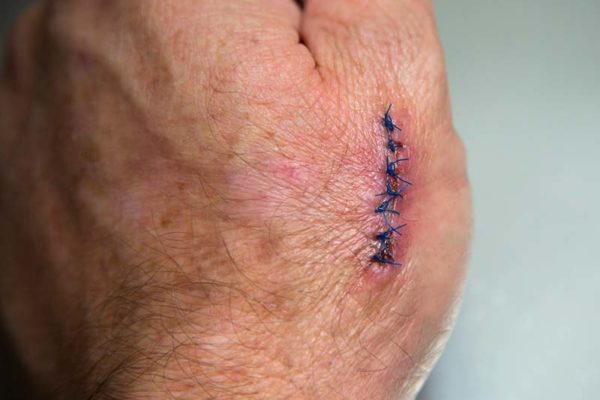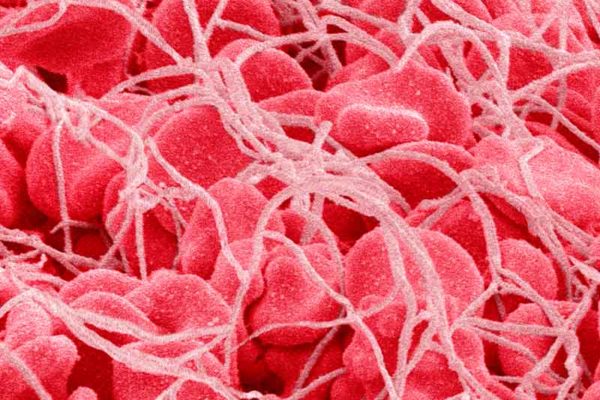Imperial inventors have developed a new 3D-culture methodology using stirred-tank bioreactors as a scalable platform for the production of hPSC-derived endothelial cells. This method allows for the large-scale production of endothelial cells, increasing their therapeutic potential, as clinical application requires millions of cells for transplantation. In addition, the inventors have found that conventional 2D-culture methods do not produce stable endothelial cell lines, with the cellular phenotype drifting to non-endothelial cell lineages within a matter of days or within one to two passages of the cells. In contrast, the 3D-culture methodology developed by the present inventors produces endothelial cells which maintain their phenotype for weeks.
Applications
The methods developed by the present inventors can produce significantly increased numbers of endothelial cells as compared to existing approaches. Advantageously, methods of the invention allow for the production of sufficient numbers of endothelial cells for downstream cell therapy applications.
Benefits
- Producing substantial quanti-ties of endothelial cells in vitro under non-human animal derived component free conditions.
- The cells have a range of therapeutic applications (ex. Cell therapy and/or trans-plantation)
- Scalable production of large numbers of endothelial cells in compliance with GMP standards.
Intellectual Property
This technology is subject to Priority patent application.






